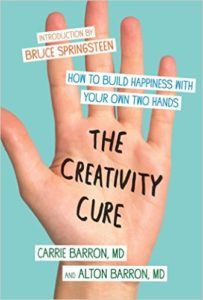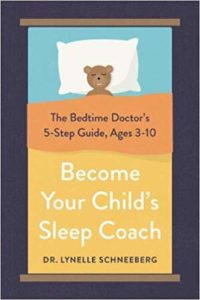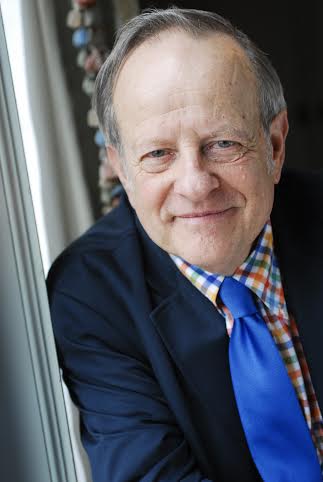 Do you have questions about your book title, the audience for your book, and how niche or broad to go?
Do you have questions about your book title, the audience for your book, and how niche or broad to go?
Last December, in the bonus call for my Fast Track Your Book Proposal course, participants got to ask their questions of Michael Larsen, co-author of How to Write a Book Proposal (now in its 5th edition).
The highlight of the call was when Mike gave specific advice to each person on the call. He had some great ideas for book titles and gave a good reminder that, when coming up with a title, “Don’t sell the problem. Sell the solution.”
Mike reminded us all that every talk, blog post and podcast is “an opportunity to test your book title with your market.”
One conversation centered on the question of how niche or broad to go with the book’s concept, audience and, therefore, title. If you go too broad, you risk the potential of losing your core audience. Yet, a bigger market can mean more sales—IF you are able to reach the larger market and not dilute the message or confuse readers about who and what the book is for.
It reminds me of a client who wrote a terrific book about a system that worked for depression, anxiety and addiction. When we approached his dream publisher, a mid-sized and somewhat niche house for psychology books, the acquisitions editor who bought the book said, “Pick one. In our experience we have trouble selling a book that has too many problems it solves. We do best with books that solve one problem.” He pointed out that a big five publishing house might be able to swing the more diverse audience but their audience would do best with the more niche book.
The author picked the problem the acquisitions editor was most excited about and the book was published successfully. Of course, it’s always important to listen to your intuition. At the same time, do be open to expert advice. I find, in general, that the authors who are flexible and listen to their book coach, literary agent and acquisitions editor, then check in with their gut, are the most successful and fulfilled in their book writing and publishing journeys.
Are you struggling with audience, title or both? Ask questions or share insights below!

 There’s no one answer to this question, but writing very first thing in the morning works well for many writers, because your brain is still in that creative, relaxed mode you tap into during dreams. Access and flow can be easier. If you can’t write first thing in the morning, try different times of day and see what works best for you. And if your time is limited, find little bubbles of time— waiting in a dentist’s office, during your lunch break, after your kids go to bed—whatever time you can grab.
There’s no one answer to this question, but writing very first thing in the morning works well for many writers, because your brain is still in that creative, relaxed mode you tap into during dreams. Access and flow can be easier. If you can’t write first thing in the morning, try different times of day and see what works best for you. And if your time is limited, find little bubbles of time— waiting in a dentist’s office, during your lunch break, after your kids go to bed—whatever time you can grab.


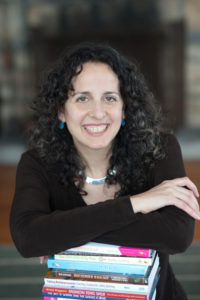 Did I answer your question? If you don’t find your writing or publishing question here, it may not have been clear to me what you were asking. See if you can clarify and re-ask! Thanks.
Did I answer your question? If you don’t find your writing or publishing question here, it may not have been clear to me what you were asking. See if you can clarify and re-ask! Thanks.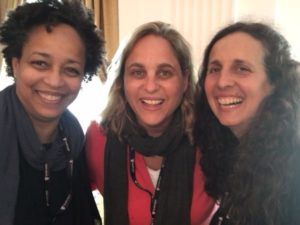
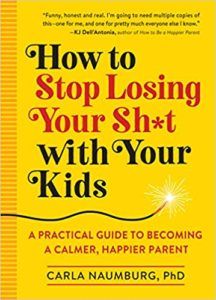
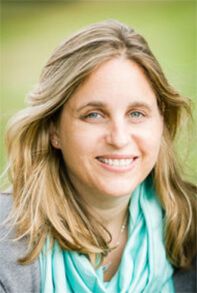 Dr. Naumberg: I found the advanced workshop on how to write a book proposal immensely helpful in getting direction, clarity, and straightforward advice on how to write and revise my proposal. It was excellent. Also, Rusty Shelton’s social media presentations and Susan Aiello’s instruction on verbs.
Dr. Naumberg: I found the advanced workshop on how to write a book proposal immensely helpful in getting direction, clarity, and straightforward advice on how to write and revise my proposal. It was excellent. Also, Rusty Shelton’s social media presentations and Susan Aiello’s instruction on verbs.
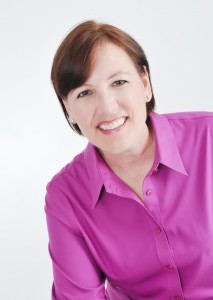
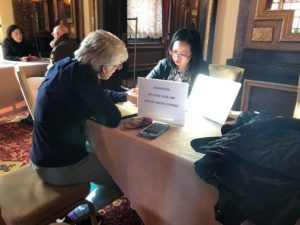
 This year we had
This year we had 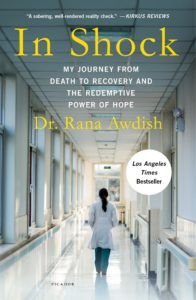 In the upcoming course, we’re excited that
In the upcoming course, we’re excited that 
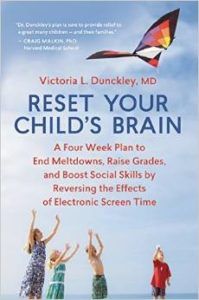 When
When 

